Having trouble conceiving can make you feel a lot of pressure for the first time. But don’t worry. You can do many things to help yourself get pregnant, and even if it doesn’t happen on the first try, you still have plenty of options.
You may have heard that there’s no one-size-fits-all approach to getting pregnant, but if you’re wondering how to get pregnant naturally, continue reading to know more.
In This Article
Talk To Your Doctor
It can be stressful if you and your partner are having trouble getting pregnant. Many couples consider infertility an issue that only affects women, but it’s important to remember that men can also have fertility problems.
If you’ve been trying for two years without success, seeing your doctor or a specialist is a good idea. If you’re under 35, see your doctor; if you’re over 35, go straight to a specialist with experience treating infertility.
If you’re having trouble conceiving, it might be worth looking into whether you should have a full check-up with your GP before rushing into fertility treatment.
Your doctor can check for things like blocked fallopian tubes or low sperm count, and if there’s nothing wrong with your fertility, they may recommend waiting longer before trying again.
If tests show that either of you has a problem with fertility, several treatments are available to help overcome this, or you can consider surrogacy programs.
Get To Know Your Menstrual Cycle
If you can’t get pregnant naturally, it’s time to know your menstrual cycle. The first step is figuring out if you have ovulated.
Ovulation is when a mature egg is released from one of your ovaries and travels down the fallopian tube toward the uterus. If the egg meets a sperm in its journey down the fallopian tube, pregnancy may occur.
Knowing when you’re ovulating will help you determine when you have the best chance of getting pregnant. It also lets you track your cycle to predict when your next period will arrive.
Most women ovulate once monthly between Day 11 and Day 21 after their last period begins. But some women might ovulate earlier or later than this range. And for some women who have irregular periods or are just starting to try to conceive, their cycles may not be regular enough for them to know exactly when they ovulated.
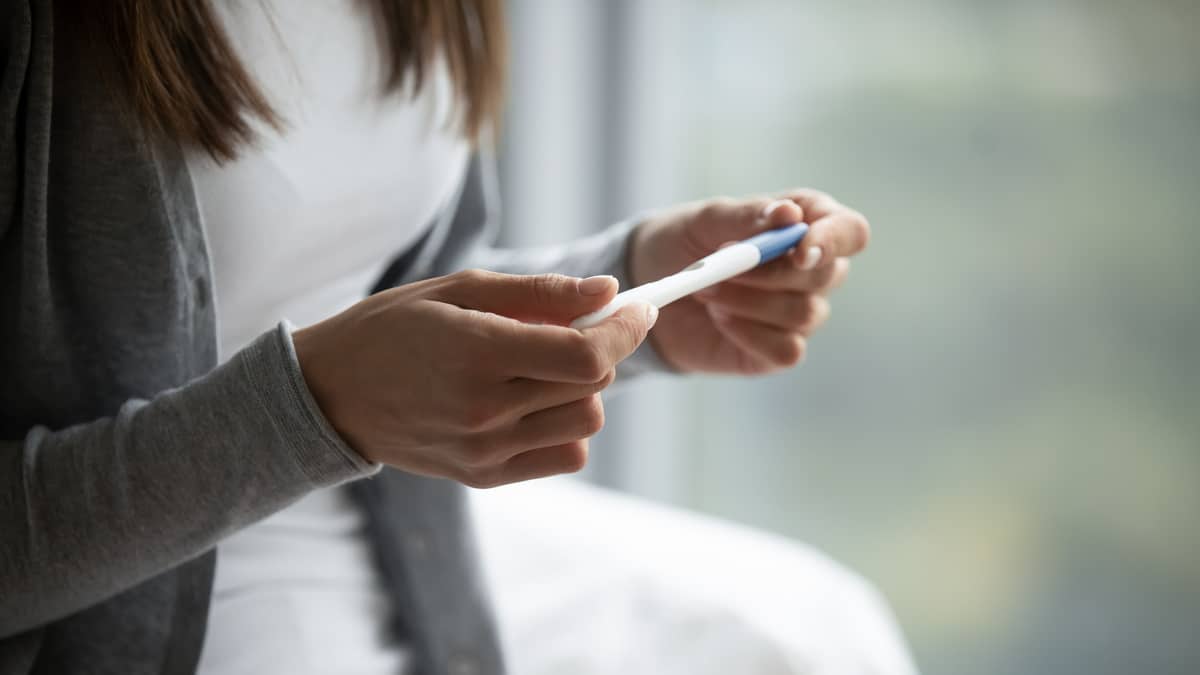
Eat Healthier Foods
If you’re trying to get pregnant and it’s not working, it’s easy to feel that something is wrong. But the truth is fertility issues are incredibly common. And they can be caused by everything from age to genetics to lifestyle choices like smoking and drinking too much alcohol.
A healthy diet can help improve your odds of conceiving, but there are no guarantees. Some women who have been told they have infertility issues find themselves pregnant after eating healthier foods and making other lifestyle changes.
Here are some things to consider:
- Cut down on processed foods. These foods are high in salt, sugar, and unhealthy fats, which can harm your fertility.
- Eat more whole grains. Whole grains contain vital vitamins and minerals that help regulate hormonal balance and control ovulation.
- Choose healthy fats instead of saturated or trans fats such as those found in fried foods. Healthy fats include olive oil, nuts, seeds, and avocados.
- Reduce caffeine intake, especially later in the day, because caffeine can decrease fertility in women by affecting hormone levels and sperm production in men.
If you can’t get pregnant naturally, eating healthier foods may help improve your chances of conception.
Consider Alternative Treatments
Many alternative treatments can help if you’re having trouble getting pregnant. These include fertility treatments and procedures, such as:
- In Vitro Fertilization (IVF): IVF involves using a doctor’s assistance to retrieve eggs from the ovaries and then fertilize them with sperm in a laboratory dish. The resulting embryos are then transferred into the uterus.
- Intrauterine Insemination (IUI): IUI is another assisted reproductive technology (ART) that involves placing sperm inside the woman’s uterus close to the time of ovulation.
- Ovulation Induction Medication: Ovulation induction medication helps your body produce more eggs than normal during one cycle to increase your chances of becoming pregnant.
If you’re trying to get pregnant, you know it’s not always easy. Many couples have trouble conceiving, and some women are left wondering if they’ll ever be able to have children.
Final Thoughts
Staying positive and not giving up hope is essential. The proper treatment will help you become pregnant faster and give birth to a healthy baby.
Talking with your partner about this is important because it affects both of you. You should also seek a medical professional who can help guide you through what steps are next in this process.

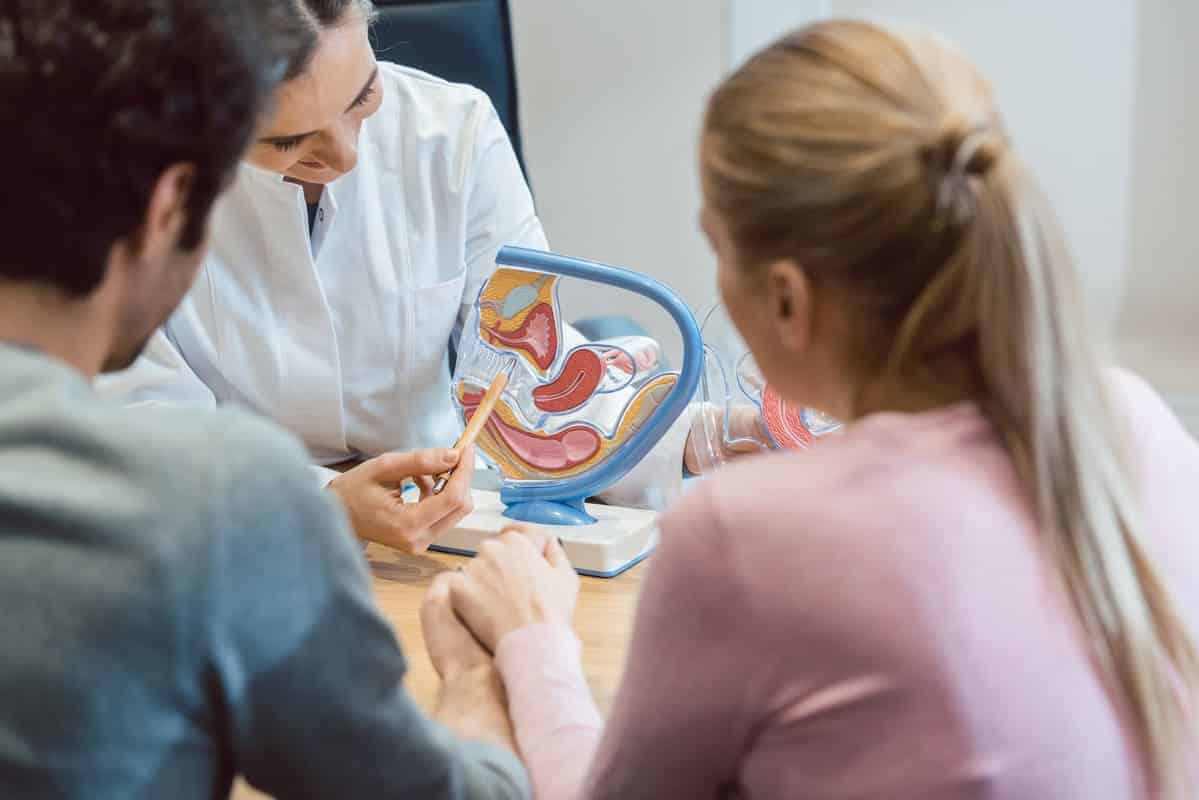
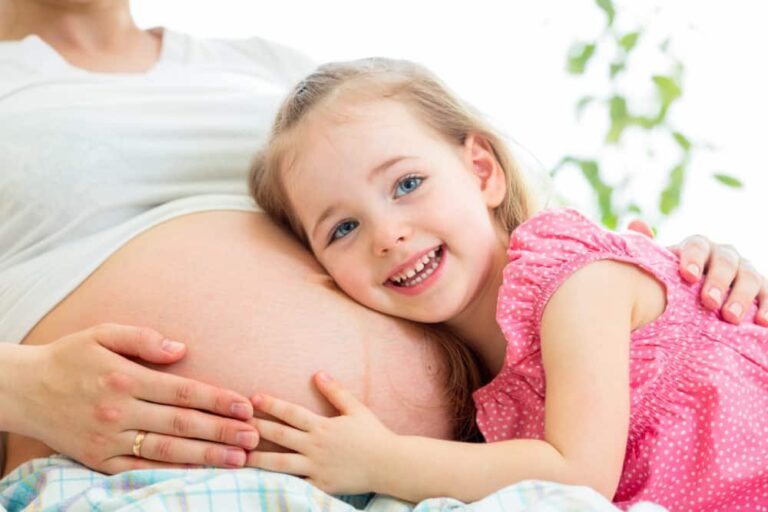
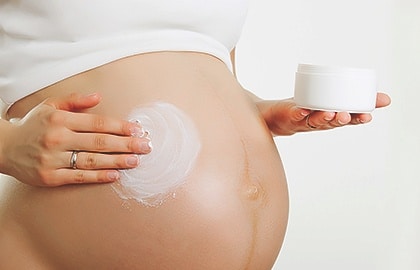
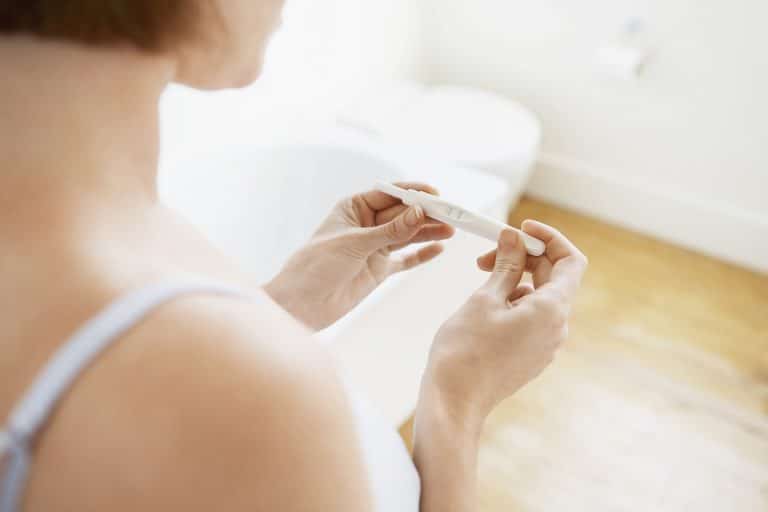





![Home Renovation Guide [2025]](/app/uploads/2021/04/design-hacks-1-378x300.jpg)
